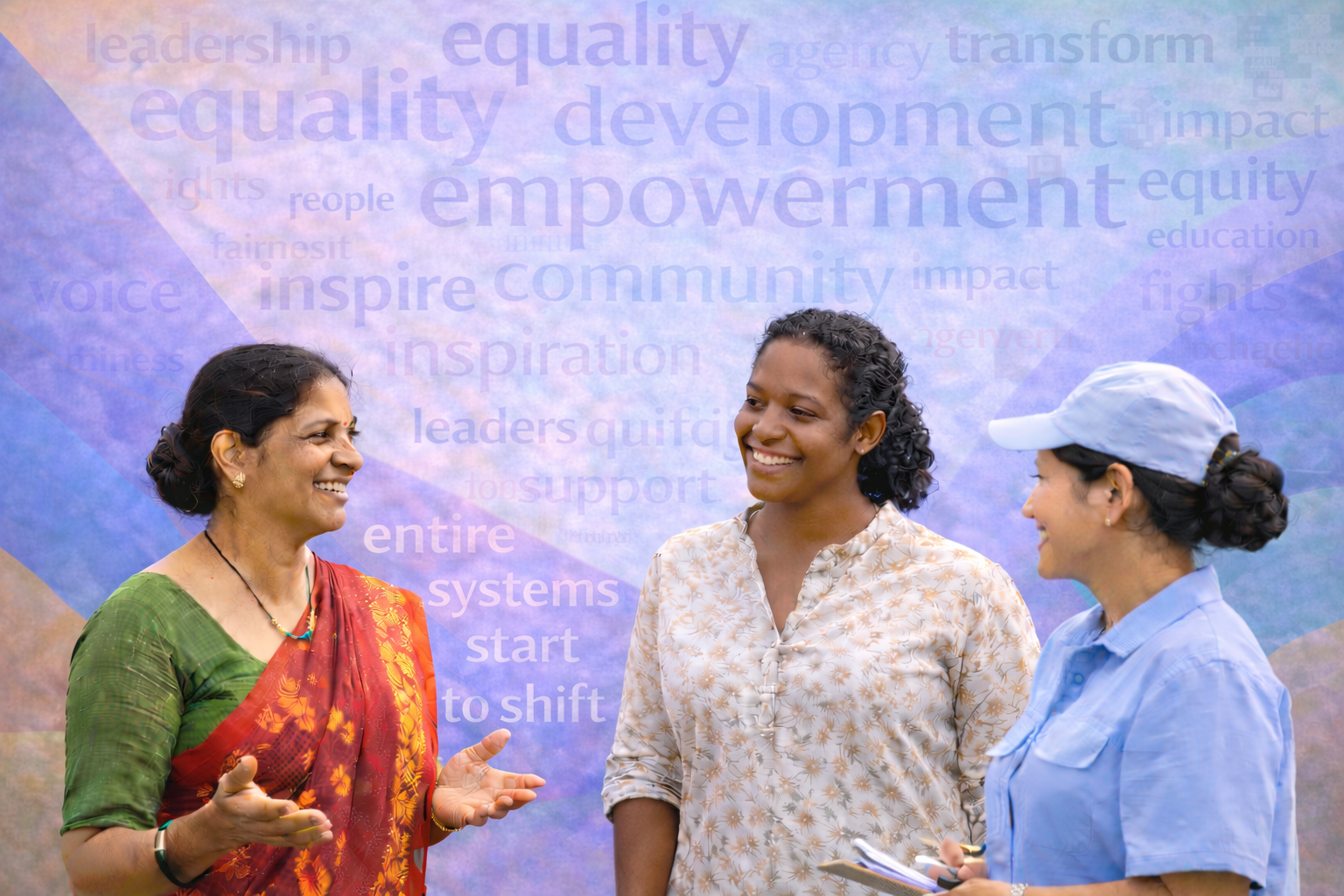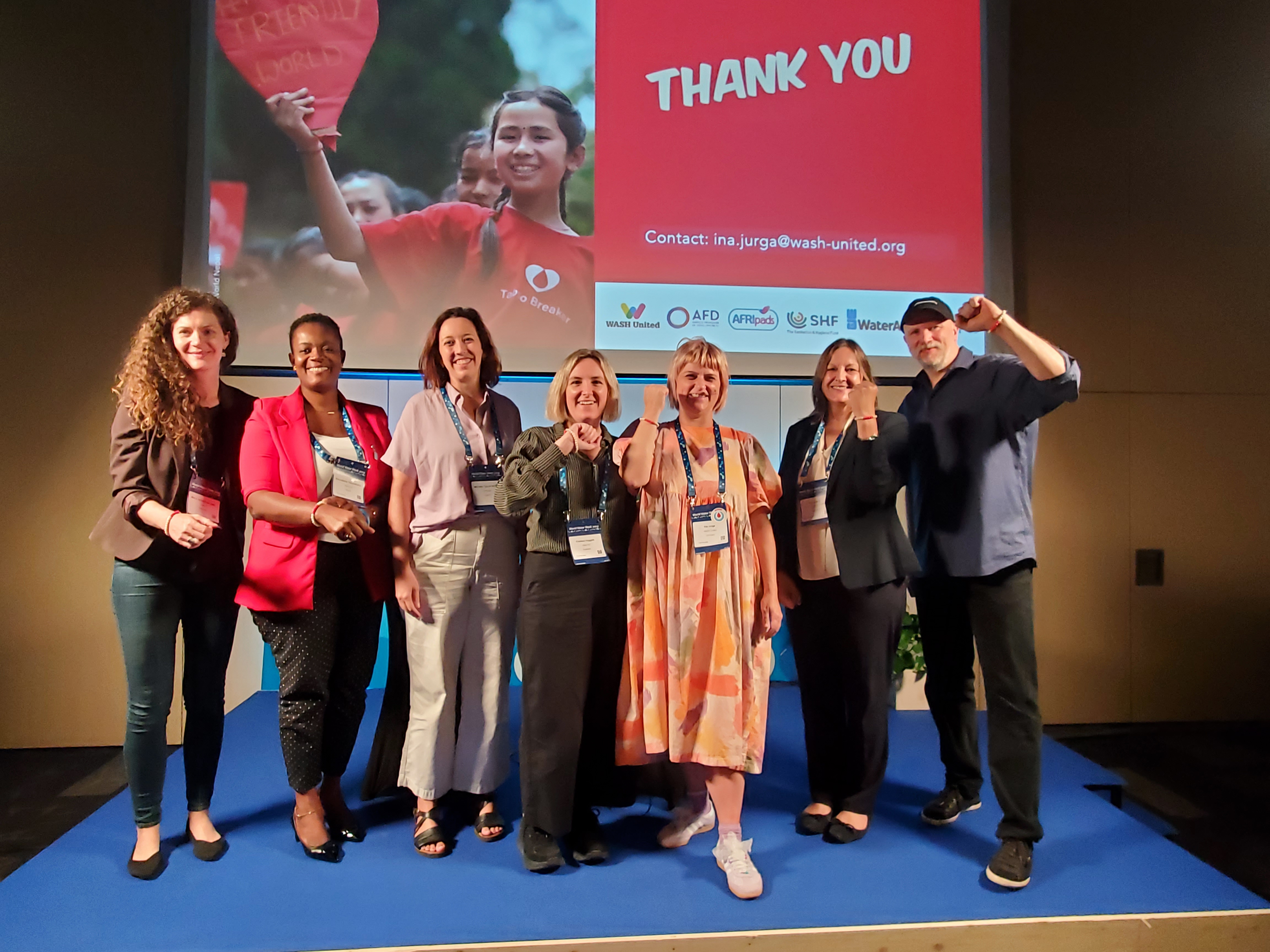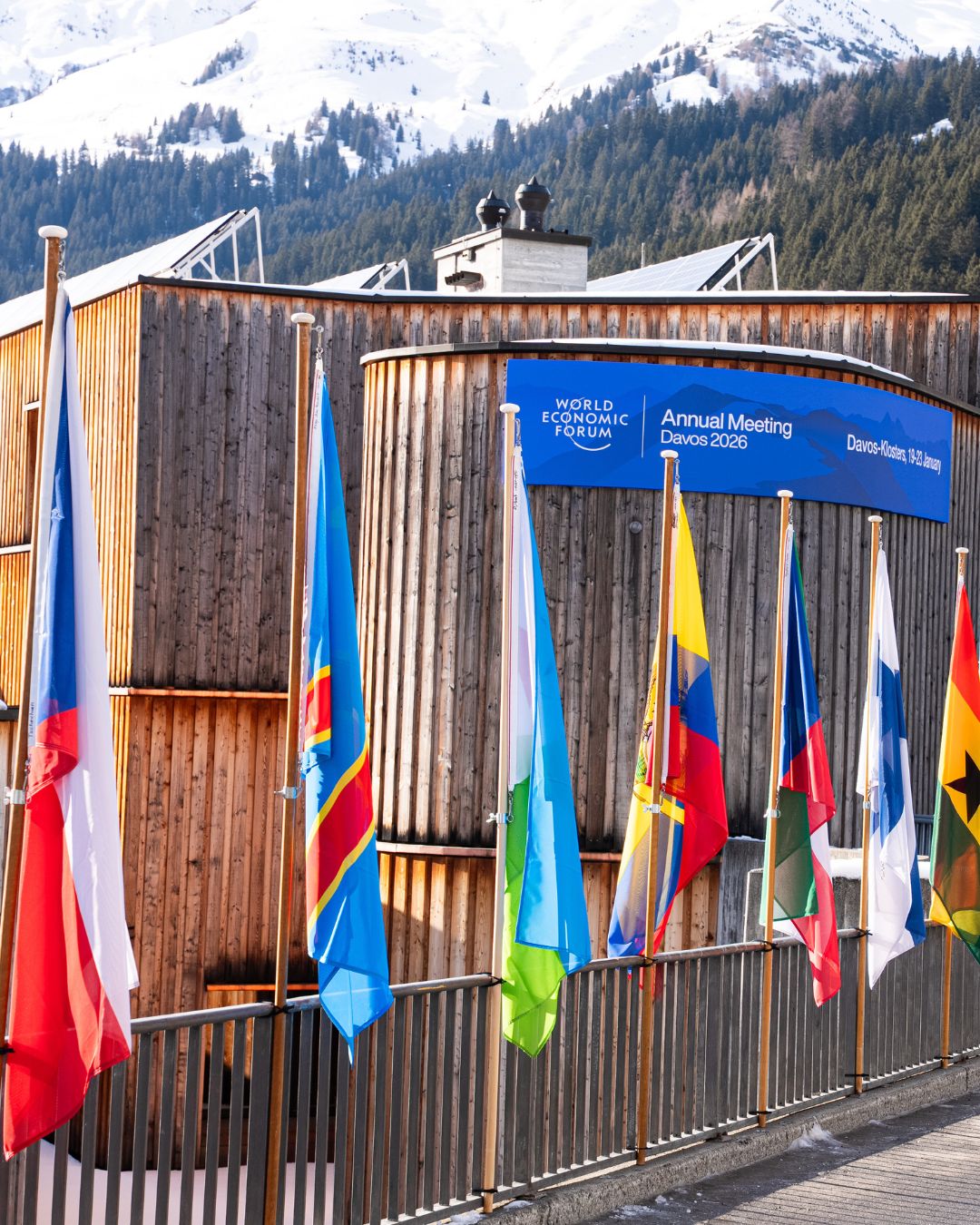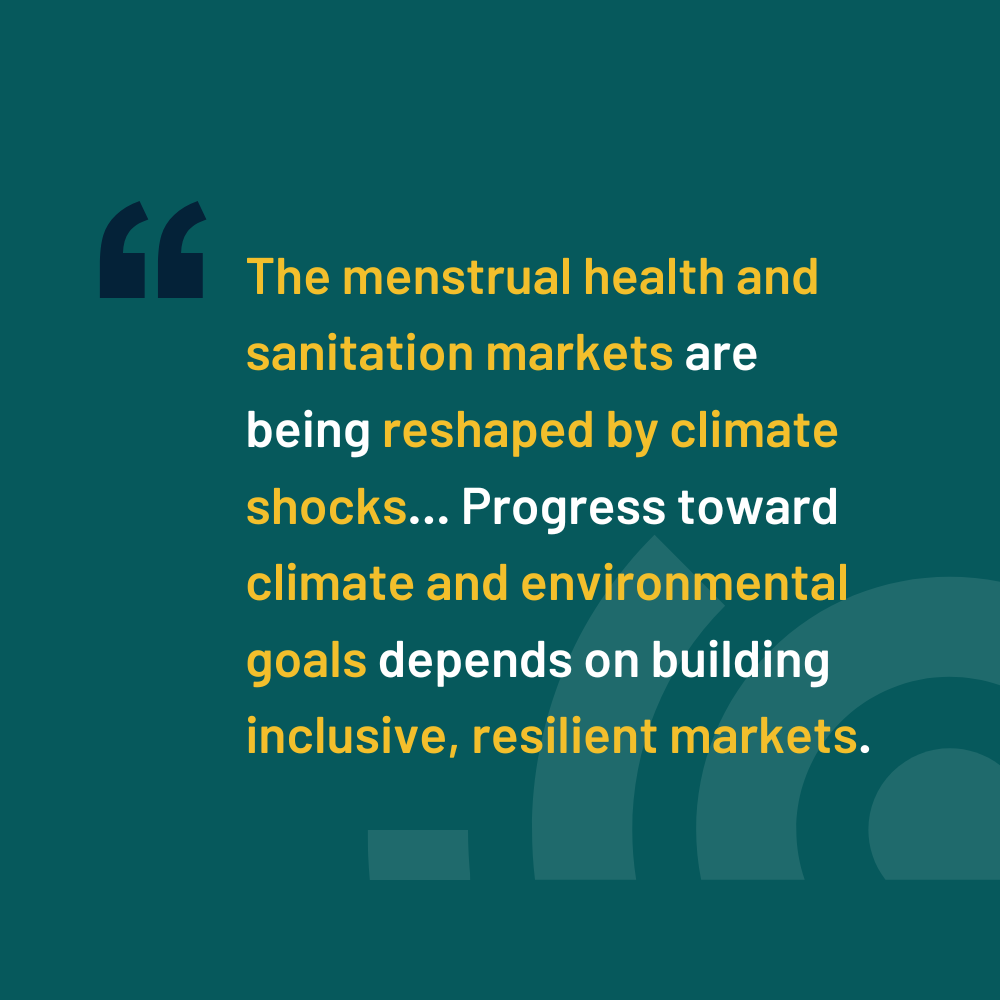
Next Generation Sanitation and Menstrual Health, the World Water Week that was

SHF looks back at the World Water Week 2024 in Stockholm last week, and the emerging momentum for next generation sanitation and menstrual health and hygiene (MHH) that we will continue to drive deeper and further.
For over three decades, Stockholm has been hosting the World Water Week, considered as the world's largest gathering on water issues. From water for peace and sustainable development to innovations to deliver access to Water, Sanitation and Hygiene (WASH) to the world's most vulnerable, it brings together experts to collectively develop and deliver game-changing solutions. For SHF, this has meant driving forward discussions on sanitation economies and the menstrual health market as the next frontier for social and economic impact investment.
Today, as the world stares down at 2030, discussions abound on making development finance work better, deeper sustainably including for WASH through the new UN System-wide Strategy for Water and Sanitation and multilateral fora such as the G20 Working Group. Catalyzing investments in sanitation, hygiene and menstrual health can revolutionize how people view, access and use sanitation services and menstrual health products in Low- and Middle-Income Countries (LMICs). And build thriving local markets and economies, with sustainability and gender equality at their core, while at it.
“From investors to development finance institutions, there is growing recognition of the economic and social value of investing in the sanitation economy and menstrual health market, and the evolving discussions in Stockholm reflected this shift. As SHF, we are looking forward to doubling down on this momentum and our work to further support our partner countries and catalyze private sector engagement to build thriving, sustainable sanitation value chains that deliver impacts for communities, markets and countries every step of the way,” said Sue Coates, Deputy Executive Director, SHF.
(Read the estimates commissioned by SHF on sanitation economies in five African countries)
Alongside sanitation economies, SHF is also working toward building the menstrual health market. Across LMICs, 800 million women and girls are ready and willing to pay for reusable menstrual products, a market which will only grow over the next few years: by 2035, the total number of people who menstruate will have grown by approximately 161 million in LMICs, from an estimated 1.72 billion today. And as the menstrual health market grows and thrives, so will women and girls and the communities and economies they power. According to research commissioned by SHF, average return on investing $1 in menstrual health and hygiene is estimated at US $3 in Kenya with potential impacts across women’s education, health and economic well-being.
As part of SHF’s MHH initiative, Capital M, focused on the agency of women and girls as drivers of social and economic change, this was also a message SHF took to the conference rooms in Stockholm, highlighting the impact investment potential of the menstrual health market.
“For years, MHH allies and advocates have championed access to MHH as a pathway to better health, education, gender equality and economic outcomes but the funding has been fragmented and scarce. A focus on a thriving menstrual health market that will deliver safe, quality and affordable menstrual solutions to the over 600 million women and girls in LMICs currently using non purpose-made materials to manage their menstruation can be game-changing. For MHH funding and its impacts but more importantly, for millions of women and girls, their lives, and the societies and economies they power.”
As we presented Capital M at World Water Week at a breakfast session organised together with The Case for Her at the Embassy of Canada in Sweden, we welcomed the opening remarks by HE Mr. Jason LaTorre, Canada’s Ambassador to Sweden, reaffirming the importance of this growing collective momentum on MHH: “we can learn from each other and help expand education and access to menstrual health and hygiene in our own countries, and around the world".
The world is at the precipice of a tremendous opportunity, where we can forge unprecedented collaborations, shift gears and catalyze public and private financing to create a thriving menstrual health market alongside robust sanitation economies to deliver MHH access and next generation sanitation for all.
It is time to shift gears. World Water Week 2024 has been a springboard but we need a moonshot and we will keep the momentum building, including through upcoming global summits such as the Summit of the Future and the One Water Summit, to transform the lives of almost half of the world’s population and more than half a billion women and girls in LMICs, sustainably.



